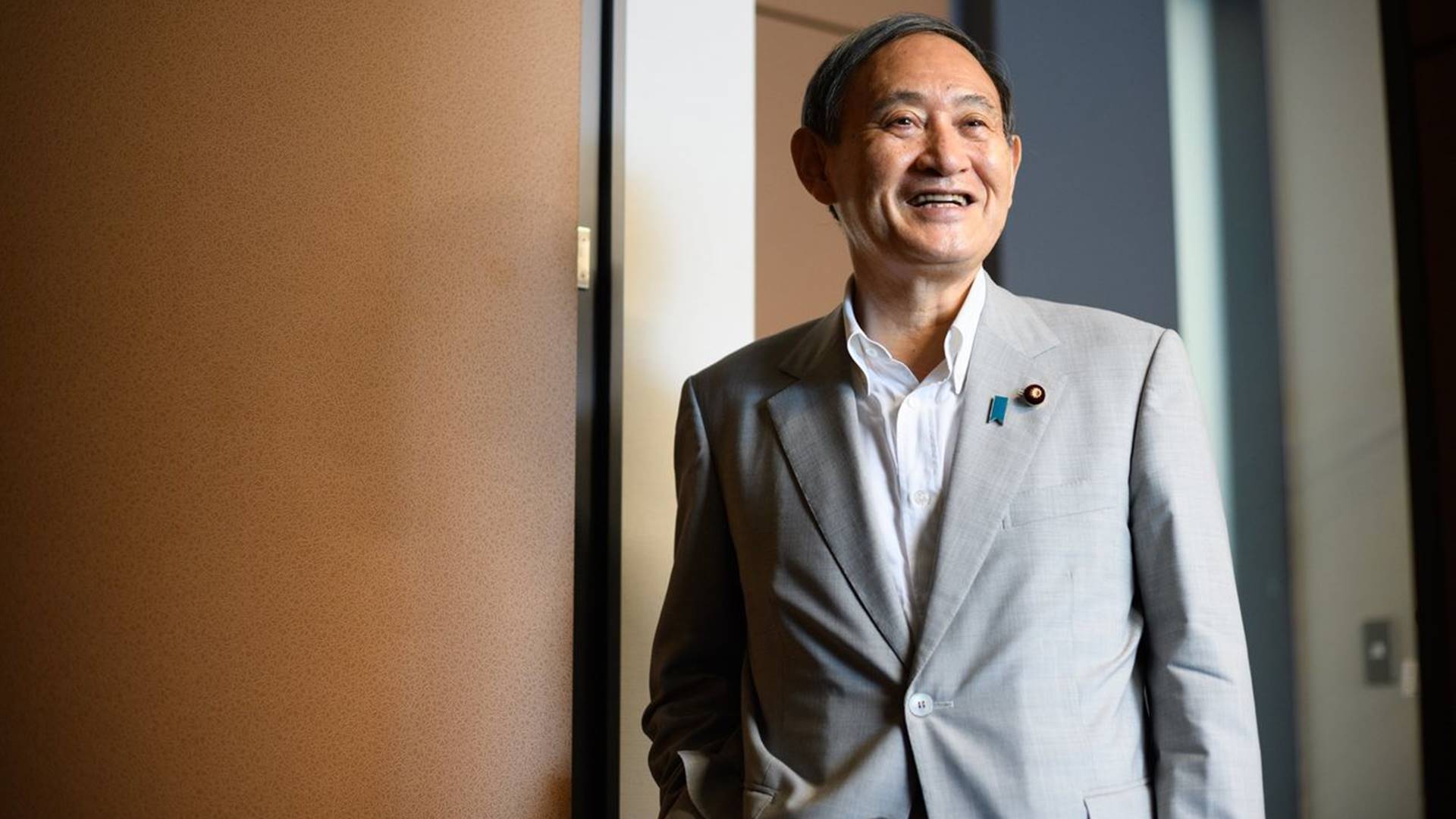His rise is made even more improbable by the nation’s preference for political dynasties
YAZAWA, Japan—In his first campaign, Yoshihide Suga was a little-known candidate from a remote village in the north, trying to get on the city council in big-city Yokohama. “I started from zero, with no family connections or connections to the place,” he said.
What he did have was doggedness. After visiting 30,000 houses while wearing out six pairs of shoes, as a colleague later recalled, Mr. Suga won the seat. More than three decades later, the son of a strawberry farmer and a teacher is poised to become prime minister of Japan, leading the world’s third-largest economy.
Berkshire Hathaway Buys Stakes Valued at $6 Billion in Five Japanese Companies
Mr. Suga has already locked up the support of a majority of the party’s lawmakers, virtually assuring that he will be elected party leader and then prime minister—despite a lack of experience on the global stage dealing with problems like China’s military rise—that are sure to challenge Japan’s next leader.
His rise is made even more improbable by the nation’s preference for political dynasties. Mr. Suga’s boss of nearly eight years, outgoing Prime Minister Shinzo Abe, is the son of a foreign minister and grandson of a prime minister. Most of the ruling party’s leading figures are sons or occasionally daughters of politicians.
The 71-year-old Mr. Suga outcompeted blue-blooded rivals not with powerful oratory, a transformational vision or ideology that roused the passions of the base, but through a reputation for getting things done self-effacingly, without making enemies.
In his hometown, Mr. Suga was a good sumo wrestler but didn’t show off his strength, taking care not to injure opponents as he lifted them out of the ring, says an old friend, ramen noodle shop owner Hirofumi Fujiwara, 74.
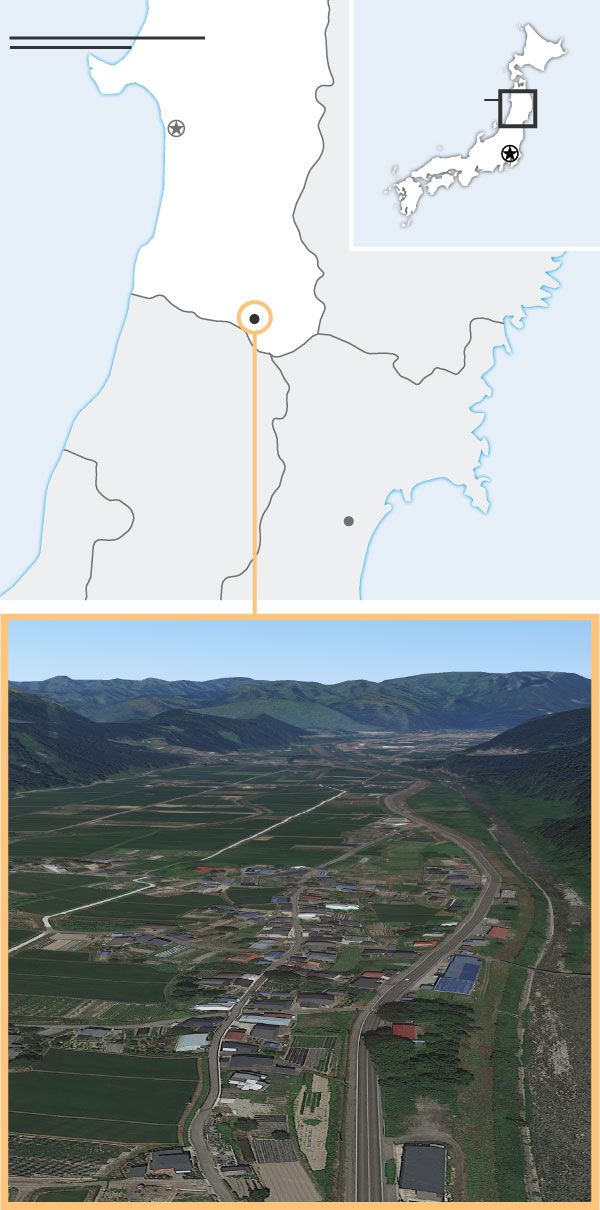
Yoshihide Suga grew up in Akinomiya, a village that is now part of the city of Yuzawa in Akita prefecture.
Mr. Fujiwara still lives down the road from the Suga house, now empty, in the farming hamlet of Akinomiya, nestled in the mountains of northern Akita prefecture where snow blankets the rice fields in winter.
Growing up in the 1950s and early 1960s, young Yoshihide (pronounced “yoh-shee-hee-deh”) and a friend, Masashi Yuri, would fish in the river with a bamboo rod, some string, and earthworms that they caught for bait, Mr. Yuri recalled. They made a baseball bat out of a log. No one in the village had a car. Getting to high school was a two-hour journey by bus and train.
Japan calls for G7 coordination to spur global growth, combat pandemic, finance minister Aso says
The Suga family was a bit better off than average, thanks to his father’s strawberry crop, so it had enough money for a subscription to a monthly adventure comic book. As Mr. Yuri remembered it, a few boys would gather at the Suga house, eager to read the latest installment, and Yoshihide would let them open the package first.
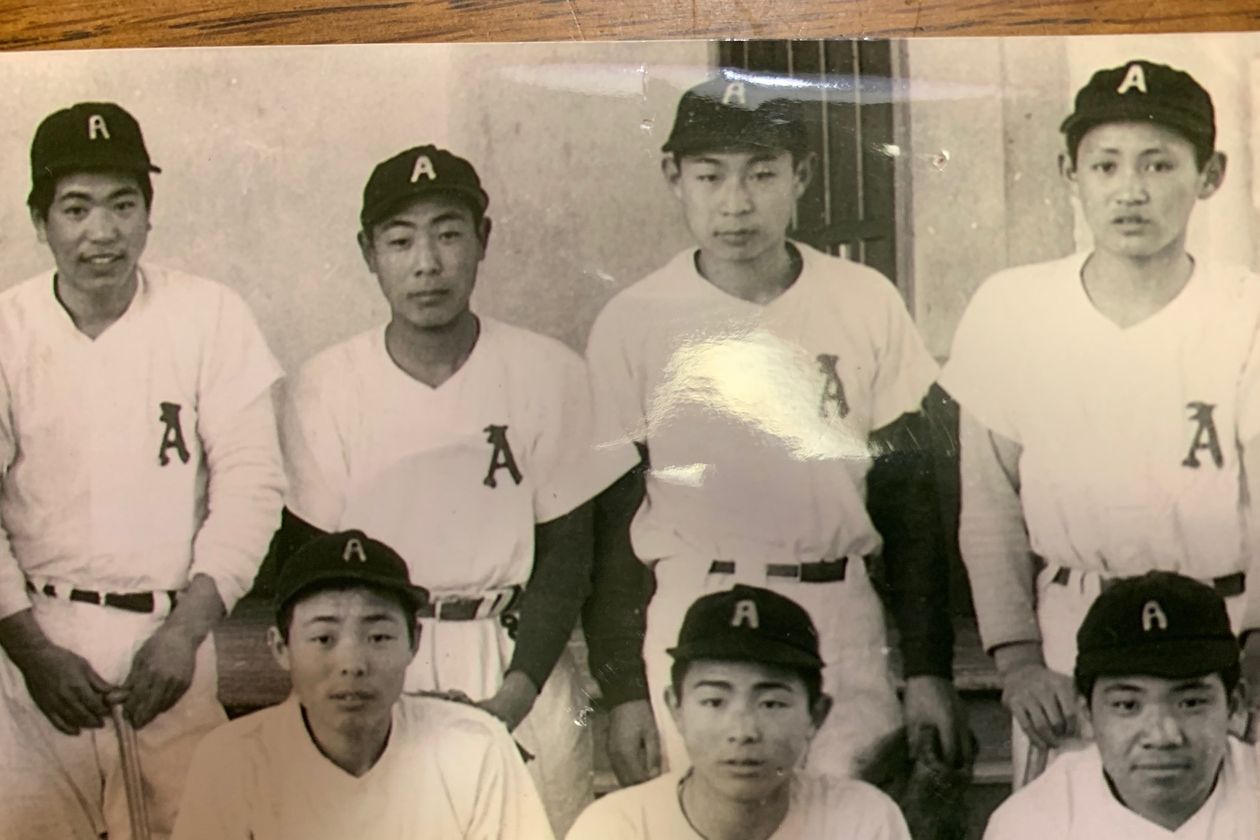
PHOTO: EIJI ITO
“He was kind to his friends,” Mr. Yuri said in an interview. “Suga himself probably thought he could read it later at night.”
Mr. Suga’s father thought Yoshihide, the third of four children and the elder son, would take over the family farm. But the prospect of spending his life in a narrow valley didn’t appeal to Yoshihide. Graduating from high school, he headed to the capital to try his luck.
In Tokyo, Mr. Suga got his first job in a cardboard factory. According to his website, he later took side jobs pushing a cart at the Tokyo fish market and running errands for a newspaper company, using his wages to pay for college at Hosei University. At 26, he landed a job as a secretary to a Parliament member from Yokohama, a port city just south of Tokyo.
Japan, Britain to protect encryption keys in trade pact, Nikkei says
After serving on the city council, he was elected in 1996 to represent a Yokohama district in Parliament, a seat he has held to this day.
He got his big break in 2012 when Mr. Abe became prime minister for the second time. Mr. Abe’s first stint in the top job, from 2006 to 2007, was marred by policy disarray and relentless bad publicity over insensitive remarks by allies. Mr. Abe needed someone to keep his ruling bloc in line and focus squarely on his “Abenomics” revitalization plan.
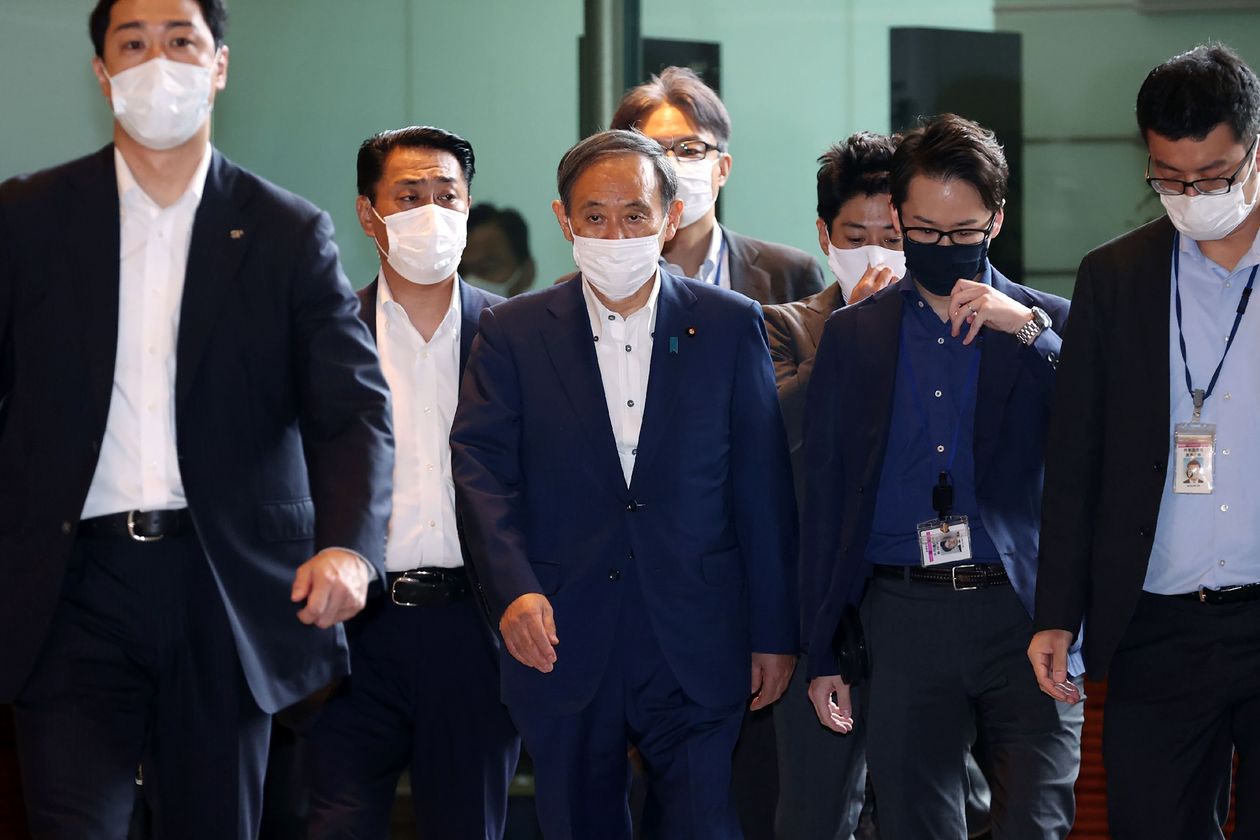
PHOTO: JIJI PRESS/AGENCE FRANCE-PRESSE/GETTY IMAGES
“He really understands ordinary people—how they think, how they live,” said Gov. Norihisa Satake of Akita prefecture, which includes Mr. Suga’s hometown, in an interview. Mr. Satake said he visits Mr. Suga in Tokyo several times a year and they chat in the Akita dialect, which is virtually a separate language from standard Japanese. Akita dogs are named after the prefecture.
As the de facto No. 2 in the Abe government, Mr. Suga’s role was a combination of the chief of staff, chief government spokesman, and behind-the-scenes economic idea man. He betrayed little ambition, even when he went last year to the U.S. to meet Vice President Mike Pence, sparking buzz that he was aiming to succeed Mr. Abe.
After returning to Tokyo, Mr. Suga got a visit from his old hometown friend, Mr. Yuri. As Mr. Yuri recalled it, he urged Mr. Suga to push for the top job, but Mr. Suga got angry and said he didn’t want to hear such talk.
It was a measure of Mr. Suga’s ability to avoid the limelight that even though he gave two news conferences a day and was often quoted in the press, he remained little-known to the public until April 1, 2019, when he announced on live television the name of the era of Japan’s new Emperor Naruhito—Reiwa or “beautiful harmony.” Since then, he has been known locally as “Uncle Reiwa.”
Describing his accomplishments at a news conference Wednesday, Mr. Suga gave a list that harked back to a time when constituent service was a politician’s bread and butter. He said he saved people money on their cellphone bills by encouraging the nation’s three major carriers to lower prices. He said he reduced the risk of floods by fixing a bureaucratic tangle involving dam regulation. From his city council days, he recalled working to create more daycare spaces and develop the Yokohama business district.
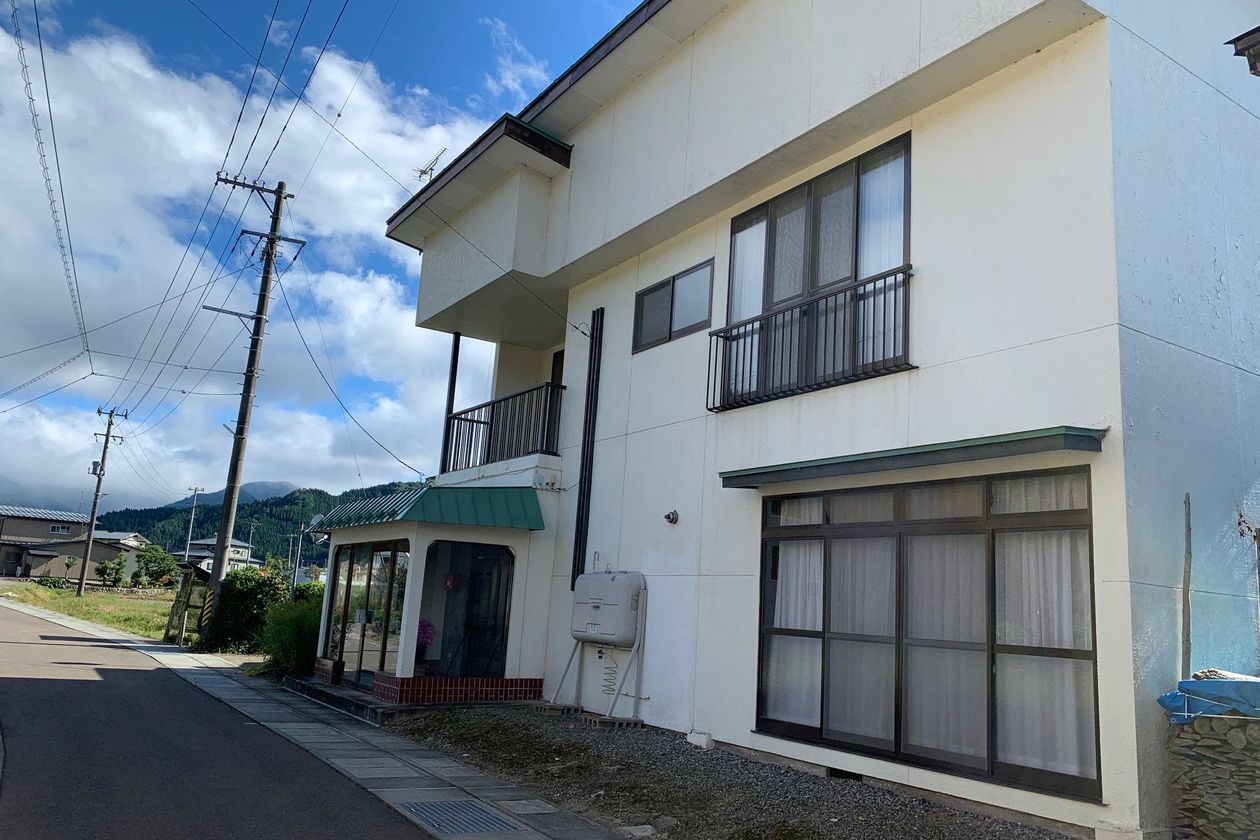
PHOTO: MIHO INADA/THE WALL STREET JOURNAL
What he didn’t express was any grand vision for the nation, as Mr. Abe did eight years ago with talk of revitalizing the economy and making Japan a respected and powerful player in international affairs.
In Mr. Suga’s presentation, great-power diplomacy—names like Trump, Putin and Xi—drew little mention except when he was asked. But should Mr. Suga be chosen as prime minister, dealing with those leaders will be at the top of his agenda?
“His style is probably very different from that of Trump,” said Mr. Fujiwara, the ramen shop owner. Also, Mr. Suga doesn’t play much golf, which Mr. Abe used to bond with the American president.
Mr. Fujiwara held out hope Mr. Suga could make friends with Mr. Trump in a different way: “Well, if he is asked to go fishing, he would really love to.”
WSJ / Balkantimes.press
Napomena o autorskim pravima: Dozvoljeno preuzimanje sadržaja isključivo uz navođenje linka prema stranici našeg portala sa koje je sadržaj preuzet. Stavovi izraženi u ovom tekstu autorovi su i ne odražavaju nužno uredničku politiku The Balkantimes Press.
Copyright Notice: It is allowed to download the content only by providing a link to the page of our portal from which the content was downloaded. The views expressed in this text are those of the authors and do not necessarily reflect the editorial policies of The Balkantimes Press.

